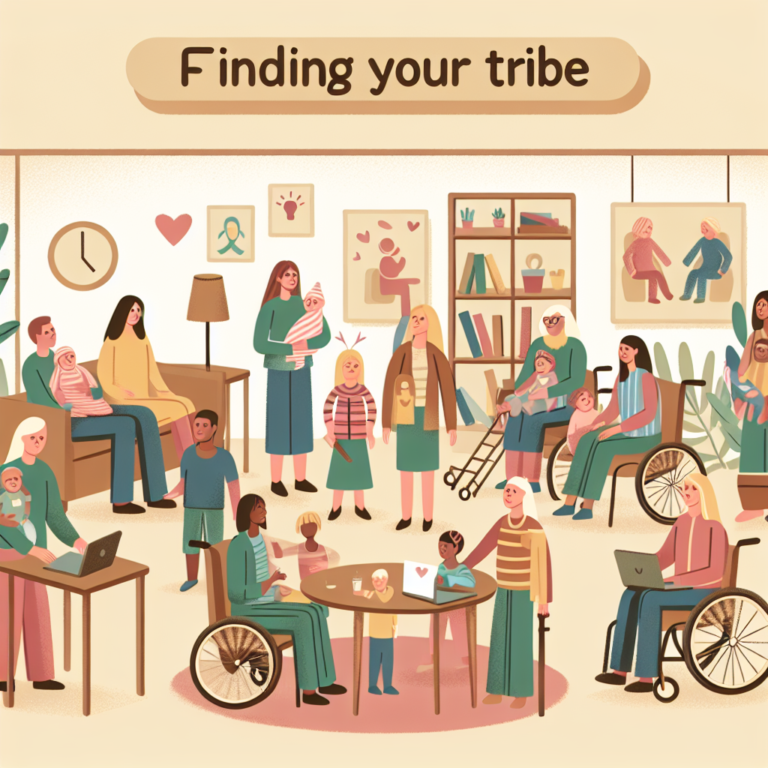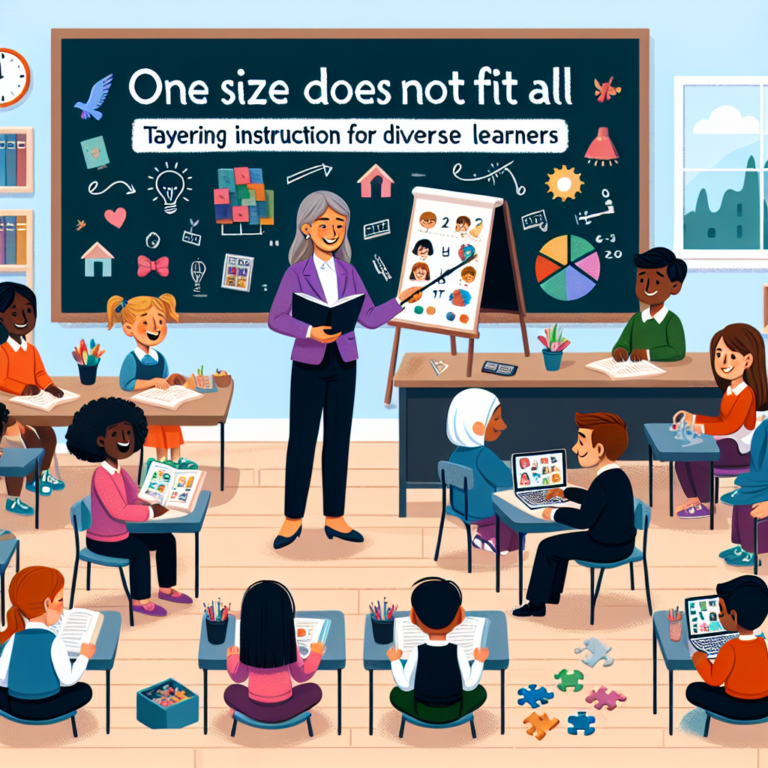
Finding Hope Amidst Challenges: Emotional Resilience in Parents of Disabled Kids
Introduction
When you first welcome a child into your life, you envision a world filled with joy, laughter, and milestones. However, for many parents, the journey takes unexpected turns, especially when they find themselves raising a child with disabilities. "Finding Hope Amidst Challenges: Emotional Resilience in Parents of Disabled Kids" is not just a phrase; it’s a lifeline that many parents cling to daily. Understanding emotional resilience becomes vital as they navigate the complexities of caregiving, societal expectations, and personal emotions. This article delves deep, exploring unique insights, real-world case studies, and practical tips for fostering hope and resilience.
Understanding Emotional Resilience
What is Emotional Resilience?
Emotional resilience is the ability to adapt, bounce back, and grow from life’s adversities. For parents of disabled children, this resilience often manifests in daily routines, long-term planning, and emotional encounters.
Why is It Crucial for Parents of Disabled Kids?
Parents of children with disabilities face unique challenges, including:
- Health Care Navigation: Frequent medical appointments and treatments can be overwhelming.
- Emotional Toll: The emotional burden involves grief, anxiety, and stress.
- Social Isolation: Families often find themselves distanced from friends and community.
Understanding and building emotional resilience can transform these challenges into opportunities for growth.
The Journey of Acceptance and Hope
Stage 1: Acknowledgment
The first step towards resilience is acknowledging the situation. Parents often experience a myriad of emotions, ranging from confusion to anger. Acceptance doesn’t mean giving up; it means recognizing the reality of their child’s unique needs.
Case Study: The Johnson Family
The Johnsons were initially in denial upon learning about their son’s diagnosis. It took time, but through therapy and support groups, they learned to accept their circumstances. This acknowledgment became a turning point in their journey, allowing them to foster hope and resilience.
Stage 2: Seeking Support
Isolation can deepen the struggles parents face. Seeking help from support groups, therapists, and other parents can offer validation and encouragement.
Case Study: The Lee Family
Like many, the Lees faced feelings of isolation. Upon joining a local support group, they discovered shared experiences that eased their emotional burdens. This connection became a crucial component in building their resilience.
Strategies for Building Emotional Resilience
1. Prioritize Self-Care
Parents often neglect their well-being while focusing on their child’s needs. Self-care enhances emotional strength and equips parents to handle challenges more effectively.
| Self-Care Practices | Benefits |
|---|---|
| Exercise | Reduces stress and boosts mood |
| Mindfulness | Enhances focus and reduces anxiety |
| Socializing | Builds a support network |
2. Develop a Positive Mindset
Cultivating a positive outlook can dramatically shift a parent’s experience. Training the mind to focus on strengths and solutions rather than problems fosters a resilient attitude.
Case Study: The Martinez Family
Through positive affirmations and therapy, the Martinez family learned to celebrate small victories. This practice not only uplifted their spirits but also encouraged their son’s progress.
3. Foster Open Communication
Open dialogue within the family ensures everyone feels heard and valued. This approach strengthens the emotional bonds and fosters resilience.
The Role of Community
Creating Supportive Networks
Building a robust community can be instrumental in coping with the challenges of raising a disabled child.
Local Organizations
- Organizations often provide resources, activities, and counseling. Parents can connect and share experiences, easing feelings of isolation.
- Online Communities
- Social media groups and forums provide an avenue for parents to share their journeys and seek advice.
Inspirational Stories of Resilience
1. The Thompson’s Journey
The Thompsons embraced their son’s disability and turned it into a local advocacy platform. They began sharing their experiences, creating an inclusive community for other families. Their journey transformed into a beacon of hope for others facing similar challenges.
2. The Patel Resilience
The Patels faced daunting obstacles but created a family mission statement centered around resilience and hope. This was pivotal in framing their experiences positively, serving as a guiding light through challenges.
Conclusion
Finding hope amidst challenges is not just about survival; it’s about thriving as a family. Parents of children with disabilities possess an incredible capacity for emotional resilience. By embracing acceptance, seeking support, practicing self-care, and nurturing a positive mindset, families can transform their challenges into triumphs.
Every story of resilience inspires others and creates a ripple effect of hope. Let every setback be a setup for a comeback, reminding us that within each challenge lies the opportunity for profound growth and endless love.
FAQs
1. What are the most common emotional challenges parents face?
Parents often deal with grief, anxiety, stress, and feelings of isolation.
2. How can I find support as a parent of a disabled child?
Look for local support groups, online forums, and community organizations.
3. What self-care activities are crucial for parents?
Exercise, mindfulness, hobbies, and socializing are essential to maintaining well-being.
4. How can I foster a positive environment at home?
Open communication, celebrating small victories, and encouraging expressions of feelings can help create a nurturing space.
5. Are there resources for advocating for my child?
Yes! Many organizations provide resources, such as legal aid, educational support, and workshops on advocacy.
By sharing insights and experiences, we can illuminate the path for others, reinforcing the notion that hope is always within reach, no matter the challenges we face.













